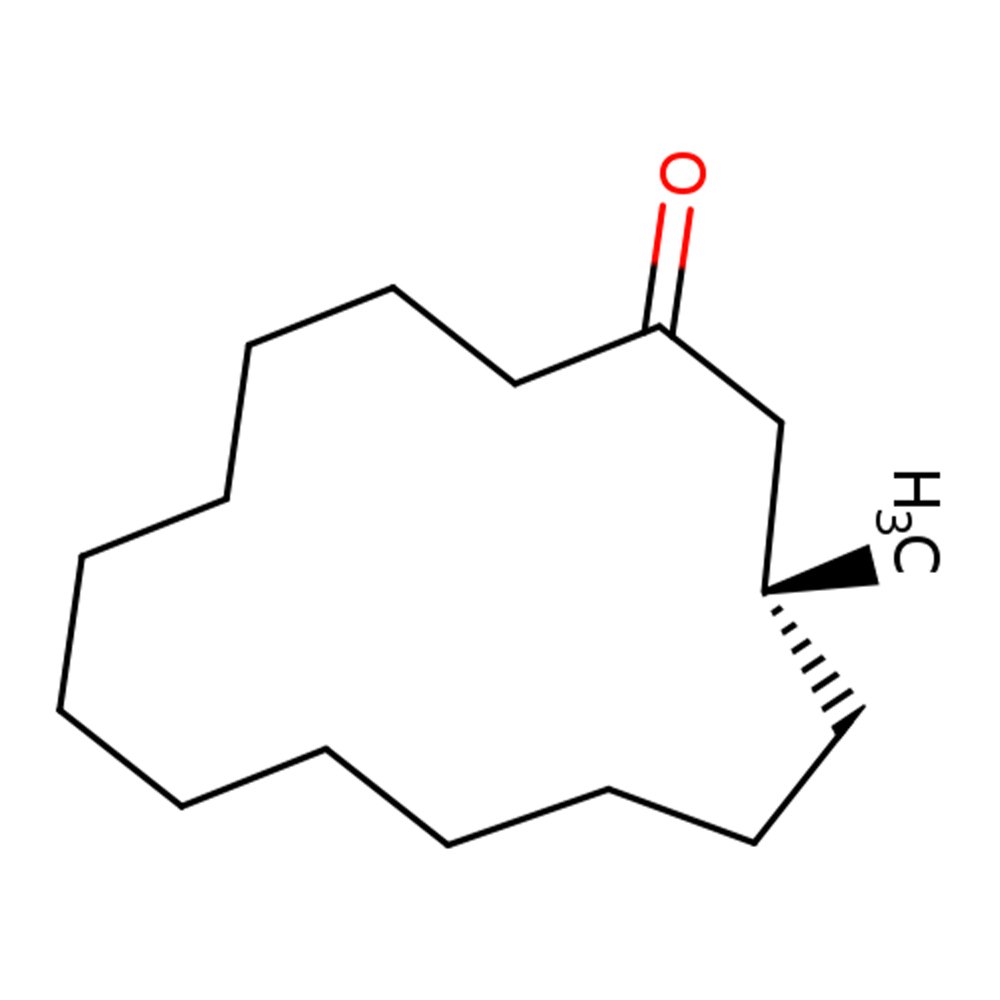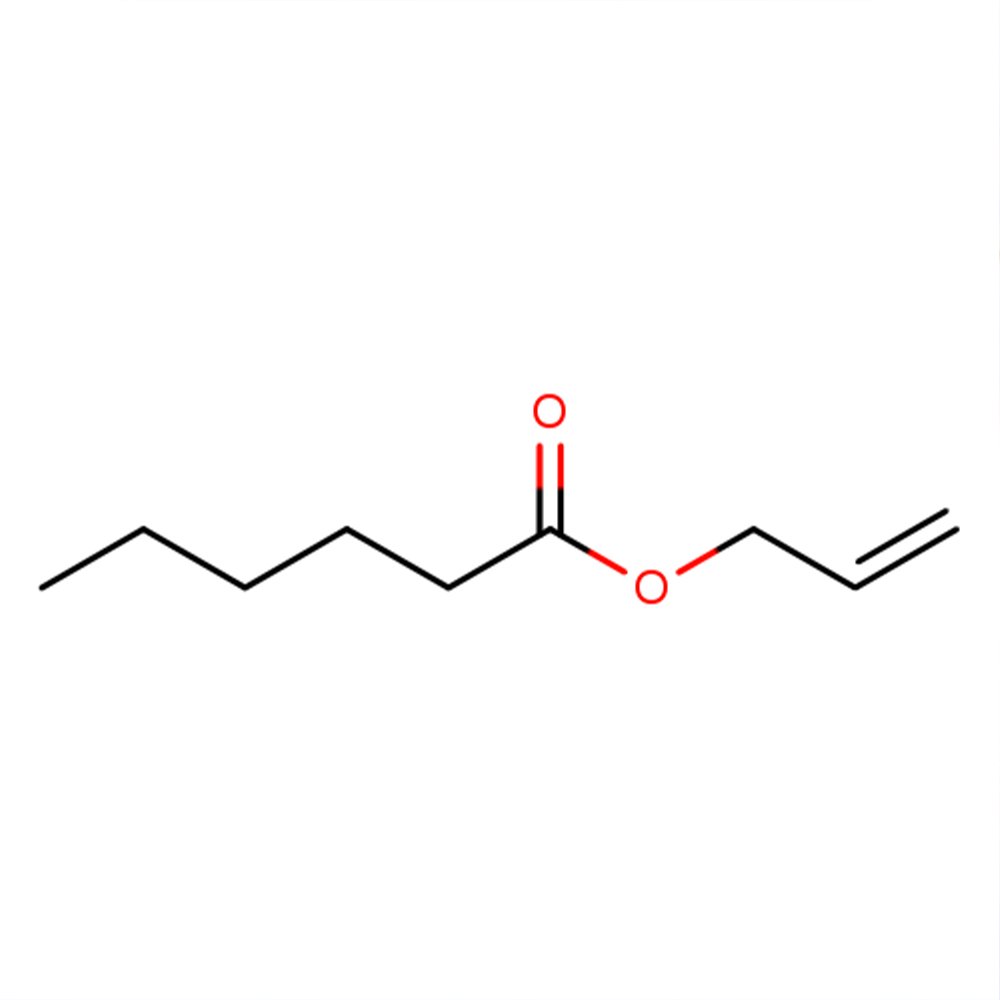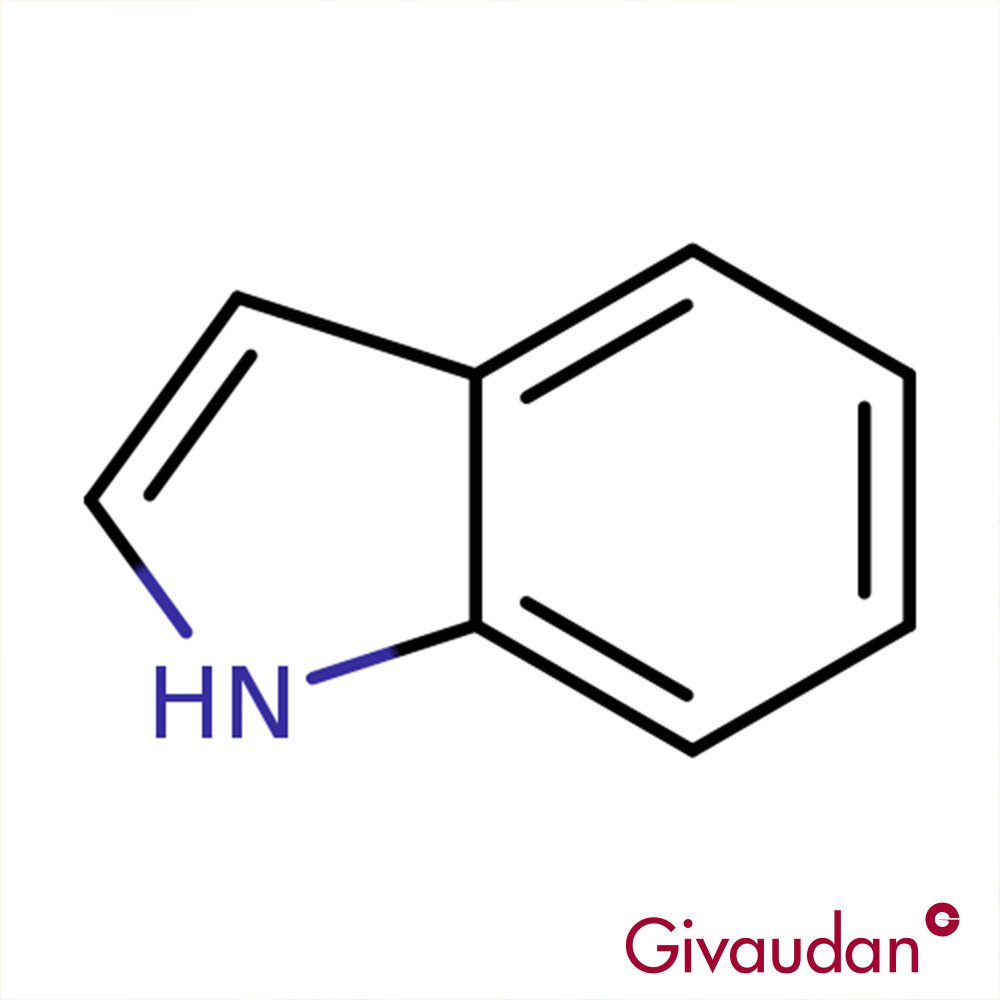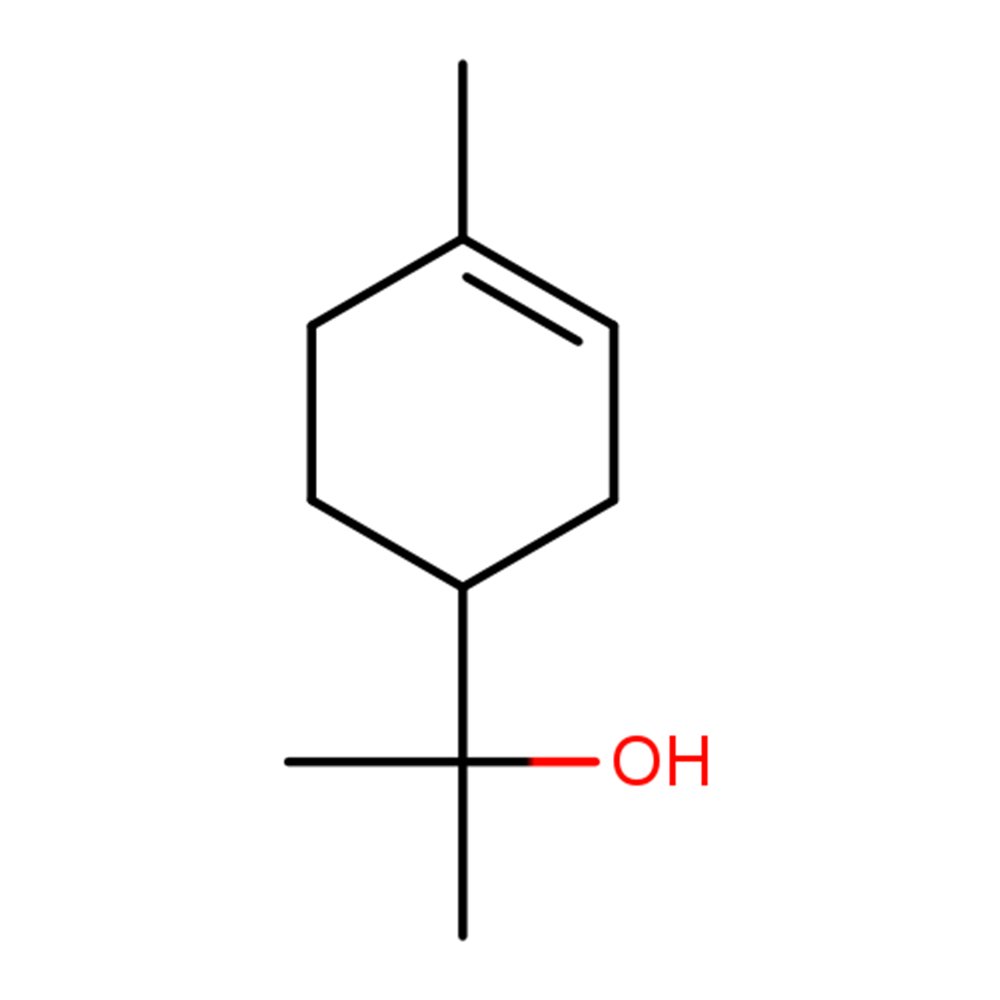Hedione / Methyl Dihydrojasmonate
Premium Synthetic Ingredient for Perfumery
Hedione is a synthetic ester widely used in perfumery for its elegant, jasmine-like floral scent. Chemically known as Methyl Dihydrojasmonate, it offers a warm, diffusive aroma with moderate intensity and excellent transparency. Its olfactory profile includes sweet-floral jasmine notes, a hint of citrus freshness, and subtle red fruit undertones. Hedione plays a vital role in floral reconstitution, especially jasmine, and is appreciated for its ability to impart volume, radiance, and naturalness to complex fragrance compositions.
Premium Synthetic Ingredient for Perfumery
Hedione is a synthetic ester widely used in perfumery for its elegant, jasmine-like floral scent. Chemically known as Methyl Dihydrojasmonate, it offers a warm, diffusive aroma with moderate intensity and excellent transparency. Its olfactory profile includes sweet-floral jasmine notes, a hint of citrus freshness, and subtle red fruit undertones. Hedione plays a vital role in floral reconstitution, especially jasmine, and is appreciated for its ability to impart volume, radiance, and naturalness to complex fragrance compositions.
Premium Synthetic Ingredient for Perfumery
Hedione is a synthetic ester widely used in perfumery for its elegant, jasmine-like floral scent. Chemically known as Methyl Dihydrojasmonate, it offers a warm, diffusive aroma with moderate intensity and excellent transparency. Its olfactory profile includes sweet-floral jasmine notes, a hint of citrus freshness, and subtle red fruit undertones. Hedione plays a vital role in floral reconstitution, especially jasmine, and is appreciated for its ability to impart volume, radiance, and naturalness to complex fragrance compositions.
Synthetic Ingredient Overview
🏭 Manufacturer — Kao Corporation
🔎 Chemical name — Methyl Dihydrojasmonate
🧪 Synonyms — Hedione, MDJ, Jasmine lactone methyl ester
🧬 Chemical Formula — C₁₃H₂₂O₃
📂 CAS N° — 24851-98-7
📘 FEMA — 4094
⚖️ MW — 226.31 g/mol
📝 Odor type — Floral
📈 Odor Strength — Medium
👃🏼 Odor Profile — Warm, jasmine-like, sweet-floral, with citrus freshness and red fruits undertones
⚗️ Uses — Core component in jasmine and white floral compositions; used from 2% to 35% in fine fragrances
🧴 Appearance — Clear, colorless to pale yellow liquid
What is Hedione?
Hedione, chemically Methyl Dihydrojasmonate, is a synthetic ester belonging to the jasmonate family. It was introduced into perfumery in the 1960s as a structurally simplified and cost-effective alternative to Methyl Jasmonate, providing a gentler radiance and smoother diffusion. While less intense than its natural counterpart, Hedione is more stable, less sweet, and better integrated within modern compositions.
Its molecular structure is derived from jasmonic acid, and its synthesis involves the condensation of 2-pentylcyclopenten-2-one with ethyl malonate, followed by decarboxylation and esterification.
First used in Eau Sauvage (Dior, 1966), Hedione revolutionized perfumery by allowing high inclusion levels without overpowering a composition. Its clean, floral transparency makes it one of the most structurally important floral materials ever developed.
Olfactory Profile and Perfumery Applications
Hedione delivers a floral-jasmine scent with a soft, sweet warmth and a notable transparency. Its citrus lift and red fruit nuances make it especially versatile across fragrance families. It adds volume, diffusion, and a smooth, radiant texture to formulas without competing with top notes.
Key applications include:
Jasmine, tuberose, and general white floral bases
Citrus-floral and fruity-floral structures
Woody, chypre, and oriental bases (to soften and round off)
Commonly used at concentrations of 2–15%, though levels of 35% and higher are not unusual in jasmine-dominant perfumes.
Industrial and Technical Uses
Besides fine perfumery, Hedione finds limited use in flavoring (e.g., peach, apricot) due to its floral-fruity tonality and FEMA GRAS status. However, its main role is strictly in perfumery, including:
Eau de toilette and eau de parfum
Personal care products
Functional fragrances (e.g., body sprays, deodorants)
It is not used as a direct flavor additive in the U.S., though it is registered as FEMA 4094 for limited applications.
Regulatory and Safety Overview
IFRA: Hedione is not subject to restriction under current IFRA Standards (51st Amendment). Safe under typical usage levels.
EU Allergen Listing: Not listed among the 26 mandatory fragrance allergens in Regulation (EC) No 1223/2009.
FEMA GRAS: Approved as GRAS substance (FEMA 4094) for flavor use in trace quantities. Not typically used for direct ingestion.
ECHA Classification: Registered under REACH; no hazard classification under CLP regulation.
Toxicology: Considered low-irritation and non-sensitizing. High-purity samples tend to be more olfactorily subtle but safer in formulation.
✅ Widely regarded as one of the safest and most impactful synthetic floral ingredients in perfumery.
Sources
PubChem Compound Summary CID 102861 – Methyl Dihydrojasmonate
IFRA Standards Documentation
FEMA GRAS Database – FEMA 4094
ECHA Substance Information
Arctander, S. Perfume and Flavor Chemicals
Firmenich, Givaudan, and Kao technical literature
Fulvio Ciccolo and Scentspiracy Team






